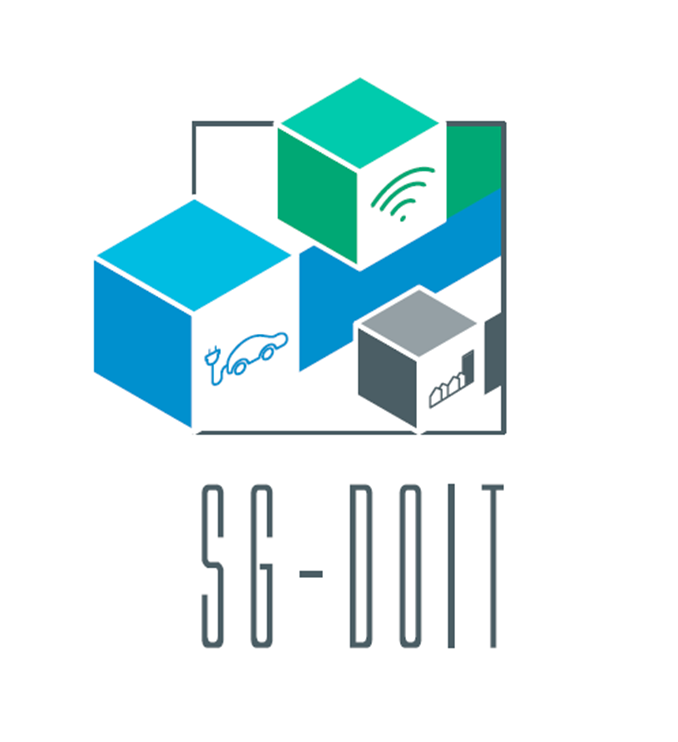
The Joint Research Centre recently launched an online portal where laboratories, academia and industry can meet and exchange knowledge and experience in the preparation and running of interoperability testing. The SG-DoIT portal is based on the first complete and actionable European Interoperability testing Methodology, designed by JRC.
The digital transformation of the energy sector is already changing the way energy is produced, distributed and consumed, affecting not just industry, but also consumers and local communities. This revolution is characterised by the conjunction of renewable sources, smart grids, smart houses, energy storage and electric vehicles, and is enabled by widespread application of information and communication technologies. The introduction of "internet of things" solutions in homes and buildings, for example, can interconnect appliances and devices to achieve energy efficiency.
A key challenge for digital energy, especially from the consumer’s point of view, is the interoperability of all the components, systems, applications and information involved. Interoperability is the ability of two or more items to work together, which is key to the creation of a single digital energy ecosystem. But digital energy results from the convergence of many different industrial sectors – electricity, power electronics, home appliances, telecoms and internet – all with their own standards, cultures and technical backgrounds.
Interoperability will not happen spontaneously and needs to be supported with dedicated policy, standardisation and technical instruments.
Interoperability tests are an important element in smart grid laboratories. The creation of the SG-DoIT portal aims at the dissemination of information on use cases and test cases.
SG-DoIT helps the user to create his/her tests by automating the procedure but also using lessons learnt from previous testing by transferring knowledge. The user will be able to create the use and test cases using pre-designed forms. These forms will constitute the interoperability objects and they may interact with each other automating thus the procedure, facilitating the user in the design and minimizing the possibility of inconsistencies or errors. Last but not least, SG-DOIT will be a continuously growing source of interoperability use cases, which the stakeholders can consult before designing their own use case testing.
Useful links
Access to the portal: SG-DoIT (Registration is required!)
SG-DOIT has been well received by various European Commission’s services. Where possible, it will be implemented in activities of standardisation bodies, academia and Horizon 2020/Europe projects as the way to test and interact.
The SG-DOIT has been presented in the BRIDGE Data Management Workshop invitation on 13 October 2021: https://www.h2020-bridge.eu/
Details
- Publication date
- 20 January 2022
